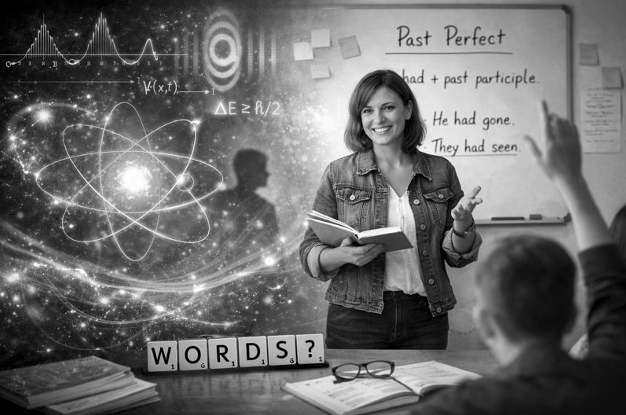Charles Browne: The NGSL project. Words and tools for success
- EDYOUFEST

- Aug 28, 2024
- 2 min read

Professional development conference is... IDEAS!
by Alla McCauchey
NGSL = New General Service list
Some of my takeaways from Charles' PLENARY:
Did you know that…
• English, there are about 600,000 words (according to Oxford English Dictionary) and about 3,000,000 words (according to Stanford University). Both findings are correct It depends on how the words are counted: stand-alone words or their forms as well. For example, the Oxford study counts “take” as one entry, whereas the Standford one counts “take” as several entries: takes, taking, took, taken.
• An average native English speaker knows about 25,000-30,000 of English words.
• For a language learner, knowing about 2,000 English words (chosen right!) could unlock about 80-95% of written text depending on the type of the text, for example, with those 2,000 words, it is easier to understand a Harry Porter book (90%) than the Time magazine (81%).
According to vocabulary threshold research, when a language learner knows under 80% of words in a text, the mission of constructing the meaning seems to be impossible, and they, learners, often give up. When the learner understands 90% of words in a text, they still struggle but can guess enough. Understanding 95% of words helps almost every learner read and understand the text. 98% of familiar words make reading enjoyable.
What are those magic 2,000 words that unlock so much of written text? – They are those that are most frequently used in speech!
How do we know which words are more frequent than others? – We use science. The NGSL is one of such projects that aim at figuring this out. As a result of their 12-year research, NGSL have produced 8 short lists that cover 90-99% of English texts produced for different purposes: spoken English, general English, kids English, fitness English, academic English, English for TOEIC (Test of English for International Communication), business English and graded readers.
What is amazing is that it is not just lists of words which is already so very precious. They also provide English teachers and learners with gamified ways of learning those magic words. Oh, to make all of the said above even more amazing and attractive, the NGSL resources are free and open to the public, now and forever. Check out their website (see above)!
Application to English day camps: Check out the lists and see how I can use them for creating materials for new themed camp programs.




Comments